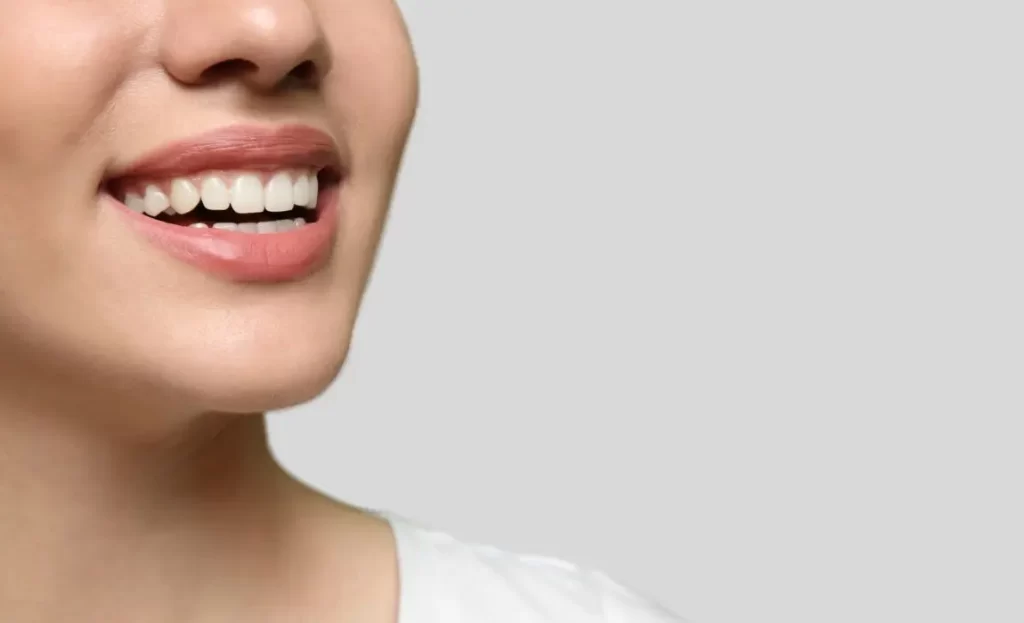Recent study examines whether aesthetic treatments increase patient happiness

As body contouring professionals, patients come to see us with the goal of feeling happier by improving an aspect (or more) of their body with our aesthetic treatments. But do our aesthetic body contouring treatments make our patients happier? Multiple studies have looked at factors affecting patient satisfaction, but a recent study took a stab at answering whether aesthetic treatments actually increase patient happiness. And the study had surprising results. In this article, we’ll take a closer look at that study’s findings.
More studies are needed on the effect of non-invasive body contouring aesthetic treatments
Most research concentrates on injectables and lasers. Certainly more research is needed on the effect that non-invasive body contouring treatments have on our patient’s lives. But with that being said, we feel research that focuses on laser and injectable treatments is relevant and can be applied to body contouring treatments.
‘Happiness Study’ conducted during the COVID 19 Omicron outbreak
The study, the ‘happiness study,’ is a Denver-based study that was performed in 2021 during the COVID 19 Omicron outbreak by dermatologist Dr. Rishi Chopra. He presented his findings recently at the 2022 annual meeting for the American Society for Dermatologic Surgery.
Prior studies prompted research
Dr. Chopra cited a couple of recently published studies that prompted his curiosity and investigation into whether aesthetic treatments do indeed make patients happier. These two studies that gave rise to Dr. Chopra’s happiness study are:
I. A 2018 study looking at patient motivations for aesthetic treatments.
- 511 patients participated in the study; 86% were female; about half of the participants had received a treatment before and this was the first treatment for the other half.
- 86.4% of the subjects in this study were seeking body contouring treatments.
STUDY FINDINGS: The motivations for seeking these treatments
To feel better and happier overall
To improve quality of life
To treat oneself
To increase self-confidence
To improve emotional well-being
II. A 2020 study (completed during the height of COVID social restrictions) confirmed previous research findings that certain aesthetic treatments, neuromodulators in particular, improve mood and depression
- This randomized study looked at a total of 45 subjects, mostly women; 30 getting treatments and 15 subjects getting placebo treatments
- All study participants were regular users of neuromodulators
STUDY FINDINGS: The placebo group reported no change in happiness or increase in self-satisfaction of appearance. Those receiving the neuromodulators reported an increase in happiness and an increase in self-satisfaction of appearance.
‘Happiness Study’ design
- The study included 42 subjects.
- All 42 subjects regularly underwent aesthetic treatments; known as non-naive patients.
- On average, these 42 subjects had routinely undergone six treatments a year.
- To measure happiness, prior to treatment, and again three weeks post-treatments, the patients completed two forms:
- The Subjective Happiness Scale (SHS)
- The Satisfaction with Life Scale (SWLS)
‘Happiness Study’ Results
- All 42 patients in the study scored high in happiness at the beginning, prior to treatment; they were happy to begin with
- But there was no significant difference in happiness pre-treatment and post-treatment in these 42 patients
- Of the 42 patient participants, however, there was no mix of naive and non-naive patients.
- All 42 patient participants were frequent consumers.
Do aesthetic treatments make patients happier?
Dr. Chopra’s Conclusion and Hypothesis
- Dr. Chopra noted that all of the participants in the study were non-naive patients, those who routinely and frequently underwent aesthetic treatments.
- All of the participants scored high in happiness before undergoing treatment.
- Dr. Chopra hypothesizes that these patients already had experienced improved happiness, and that there is a “ceiling effect” to the happiness that patient’s can attain from aesthetic treatments.
- And that these non-naive patient participants had already reached their “happiness ceiling.”
- He suggested another study involving naive patients (those getting their first treatment) would yield different results and demonstrate that aesthetic treatments do have a positive impact on patient happiness.
Body Contouring Academy Editorial
There may be a “happiness ceiling effect;” further studies are needed
We do not disagree with Dr. Chopra’s hypothesis. Perhaps there is a “ceiling effect” on improved happiness attainable from aesthetic treatments.
Nevertheless, we feel that a follow-up study should be conducted looking at changes in happiness for naive patients (those undergoing their first treatment or series of treatments). A study of this design would help to prove or disprove the happiness ceiling effect and would help to prove or disprove whether aesthetic treatments make our patients happier.
Anecdotal evidence of improved happiness from aesthetic treatments
We believe treatments definitely increase patient happiness.
We’ve been providing aesthetic treatments and non-invasive body contouring services since 2006 and have seen anecdotally time and time again, significant increases in patient happiness after the treatments.
What do you think?
Visit www.bodycontouringacademy.com to learn more about aesthetic treatments and how to grow your business with non-invasive body contouring.
